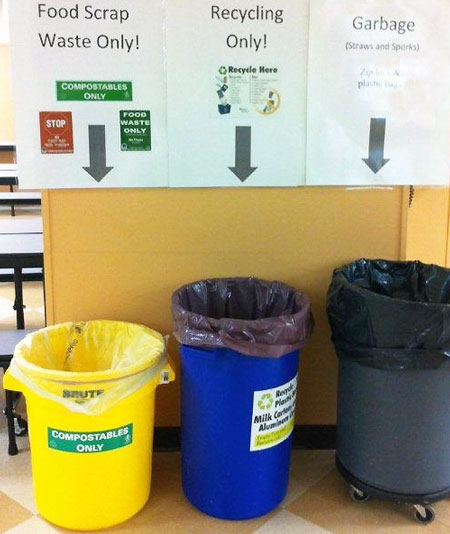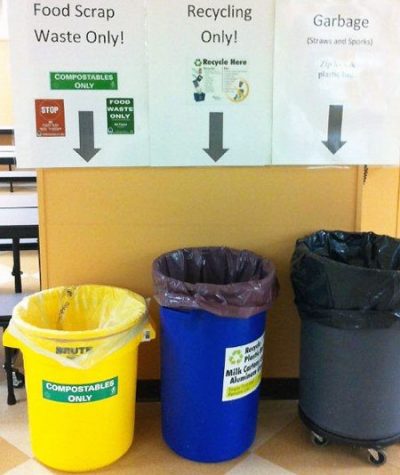A Rocky Future for Washington and Plastic

October 12, 2021

Washington’s plastic problem has never been worse.
Every day landfills are piling up with products that can’t be recycled. Recycling facilities are overwhelmed with contaminated plastics that cannot be effectively recycled. Washington’s environment is littered with non-biodegradable plastics, which puts the health of our ecosystems and community in jeopardy. Plastic is everywhere, our lives are built from the foundations of plastic products.
So what’s being done about it?
In a King County article covering Governor Inslee’s new recycling bill, Mandy Apa a campaign Associate from Environment Washington states, “Plastic pollution is one of the most pressing issues facing Washington’s rivers, oceans, and wildlife.” With Inslee’s bill passing, the future for Washington’s recycling isn’t all doom and gloom. The bill puts comprehensive bans on expanded concentrated products and requires recycling content in take-out food, bottles, and trash bags. While the availability of recycling products in businesses is a key aspect in solving the plastic problem, the things people decide to put in their recycling bins are a whole other issue.
“I wish people understood there’s also a human impact to putting incorrect materials into their recycling bin,” Kevin Kelly, manager of Recology’s Sodo sorting plant, says in an interview by Seattle Times. Kelly also mentions that many citizens aren’t aware of the impacts they have when they put an unclean product in the recycling bin. The presence of food scraps and other waste that is put in the recycling bin, on a product supposedly for recycling, can compromise the entire process, whether that be contaminating other products, or putting the plant workers in unnecessary danger. Even if a product truly is recyclable, it can’t be processed if unclean and full of food.
Despite all of the obstacles with the government taking initiative, citizens doing their part to overcome the baffling issue of pollution, offer hope for a clean and bright future for all of us.


